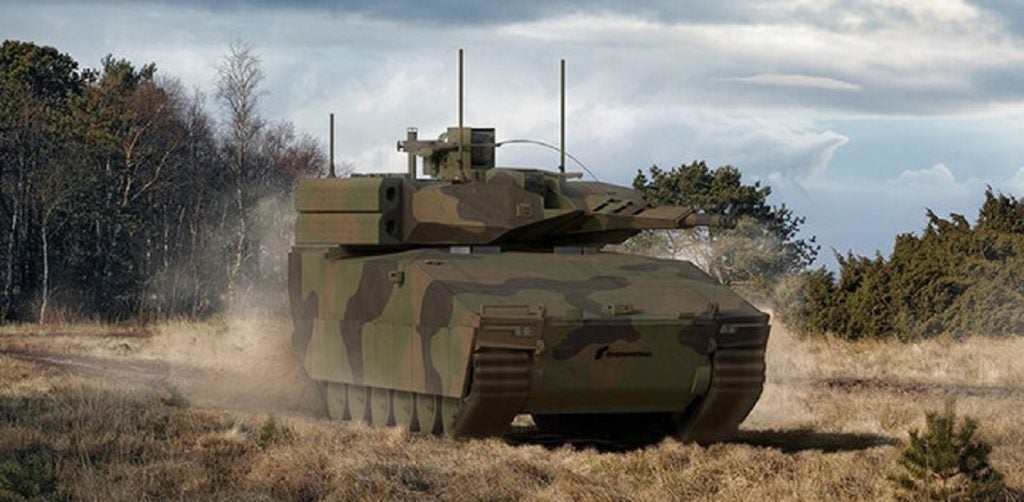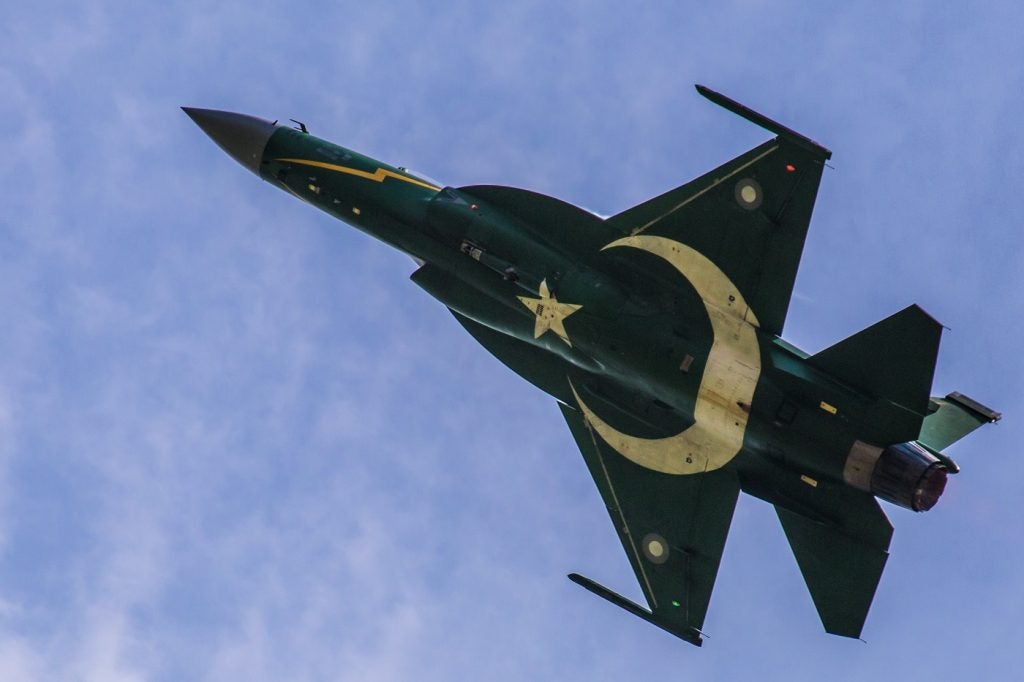The US Government Accountability Office (GAO) has determined that the US Department of Defense (DoD) has restricted its job acceptance rate due to the persistent delays in delivering its National Background Investigation Services (NBIS) system.
The DoD, through its Defense Counter-intelligence and Security Agency (DCSA), conducts personnel vetting for most of the federal workforce.
Since 2016, the DoD has delivered some capabilities through a new information technology system—the NBIS system—intended to support all phases of personnel vetting.
NBIS system capabilities, once fully deployed, should enable users to complete electronic forms, manage investigations, record decisions and more. However, the DoD lacks a reliable schedule and cost estimate for NBIS.
Enduring NBIS system delays and cost growth
Originally intended to operate in 2019, the system has only developed a few working capabilities, such as an eApplication to collect the necessary data to begin a background investigation. In 2020, the DCSA revised the NBIS programme milestones but it continues to face delays.
The DCSA now projects that legacy systems will be decommissioned by the end of 2024.
Moreover, the GAO found the NBIS programme’s cost estimate from 2022 is not reliable, meaning that DCSA may be unable to accurately project NBIS costs. Given that the DoD has spent over a half a billion dollars on NBIS since 2016, a reliable cost estimate would help ensure that it is collecting the data necessary to match NBIS requirements to its budget, and reduce risks of cost overruns that may hinder the programme’s progress.
Our signals coverage is powered by GlobalData’s Disruptor data, which tracks all major deals, patents, company filings, hiring patterns and social media buzz across our sectors. These signals help us to uncover key innovation areas in the sector and the themes that drive them. They tell us about the topics on the minds of business leaders and investors, and indicate where leading companies are focusing their investment, deal-making and R&D efforts.











